What is Back Pain?
Lower Back pain is one of the most common problems that you deal with as your age, especially in adults between the ages of 30 and 50. Discomfort in the lower back can be ongoing or chronic that can also be a sudden and brief condition known as acute pain. Causes of lower back pain are such as muscle pulls and spasms, nerve irritation, and spinal abnormalities.
How is back pain diagnosed?
Your doctor will first assess your back pain and may ask questions like when your back pain began and what activities were you doing differently from normal before your back pain started. If your pain does not settle after a few weeks or starts getting worse then consult your doctor or other health care professional about other management options.
Prescription Measures
Your physician might prescribe stronger medications to relieve chronic lower back pain. Antidepressants and anticonvulsant drugs may be used to treat lower back pain. Nerve pain like sciatica results from a bulging disc in the lower back that can be difficult to treat with oral medications. For this type of discomfort, anesthetic medications may be injected to reduce inflammation.
You can try to manage your pain at home with the below measures.
Exercise: It is recommended to resume normal, or near normal, activity as soon as possible.
Rest: Doctors agree that prolonged bed rest is associated with a longer recovery period. Sleeping with a pillow between the knees one side may increase comfort. Most of doctors recommend lying on your back with a pillow under your knees.
Cold and Heat: You will feel the benefit from the use of ice or heat. The heat helps blood flow to make you feel better and will relax your back muscles. Cold compresses the pack of frozen vegetables and ice packs that can ease swelling and numb the area.
How Back Pain is prevented?
Meditation can ease stress levels and inflammation. Relaxation practices like meditation and mindfulness that does not give your body a chance to be still, but they help your brain deal with pain better. Generally, low back pain refers to pain that you feel in your lower back. There are many things you can do at home to prevent future back pain and help your back feel better.
Pain relievers: Non-steroidal anti-inflammatory drugs are might helpful. So, take these medications only as directed by your physician. Overdose can cause serious side effects.
Muscle relaxants: Muscle relaxants can cause sleepiness and dizziness. If mild to moderate back pain does not improve with pain relievers then a muscle relaxant might help you.
Topical pain relievers: These products include salves, ointments, and patches, and creams, which deliver pain-relieving substances through the skin.
Physical therapy: A physical therapist can teach exercises to strengthen back and abdominal muscles, increase flexibility and improve posture. You should regularly use these techniques that can help keep pain from returning. Physical therapists will also provide education about how to modify movements during back pain to avoid flaring pain symptoms.

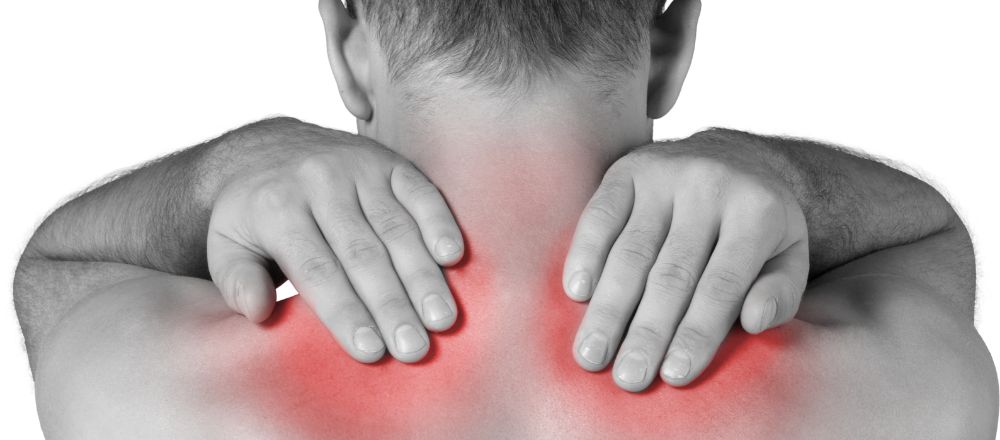


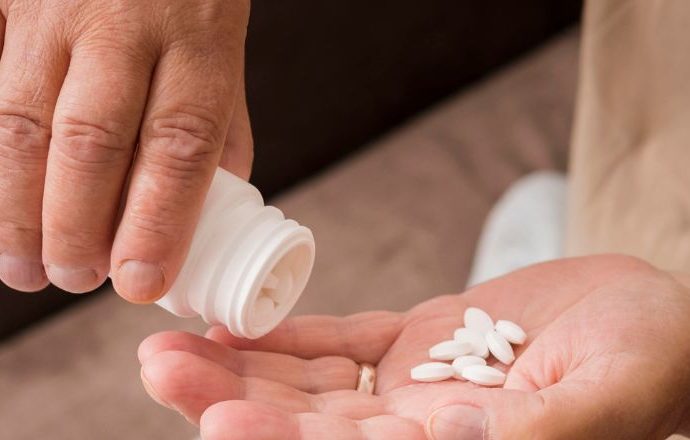
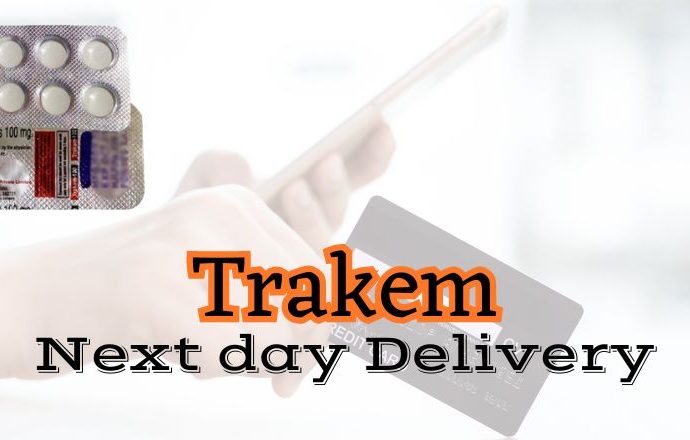
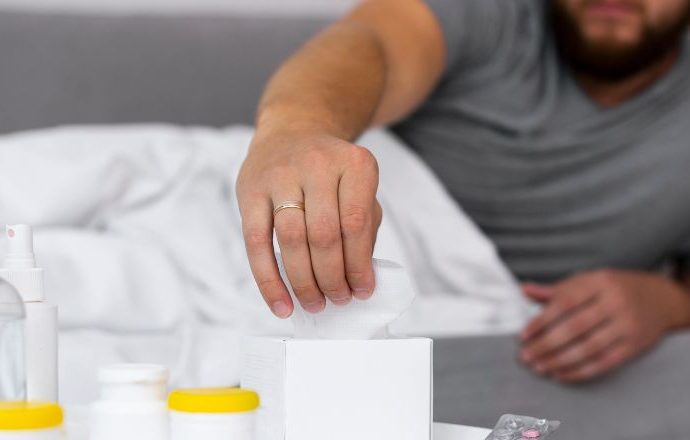
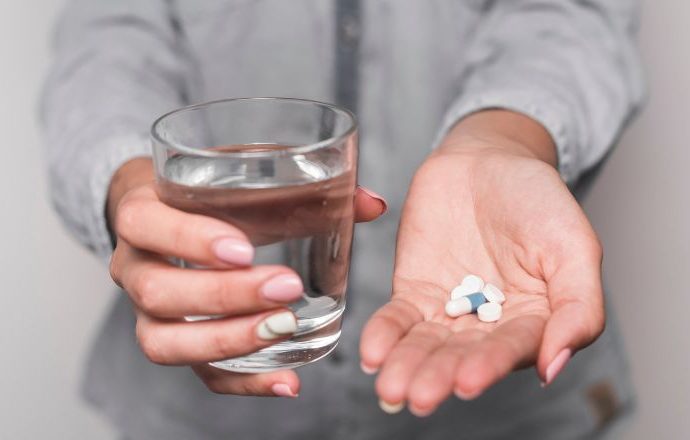
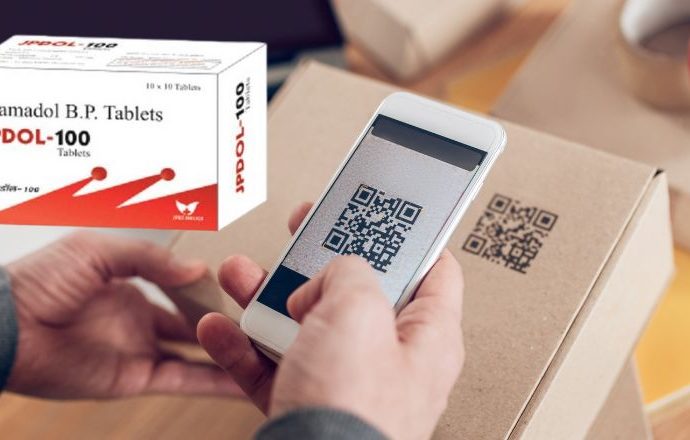
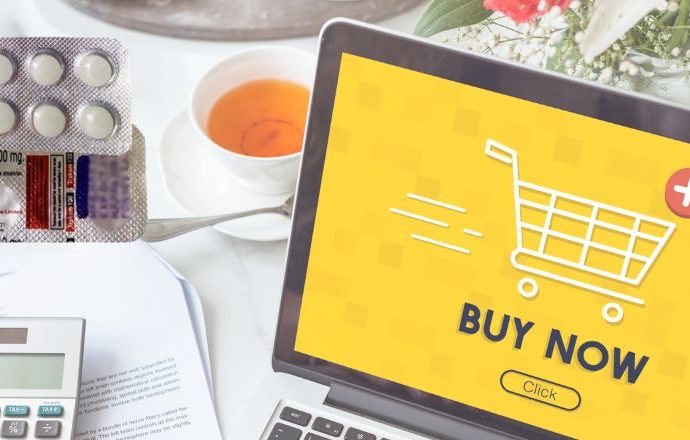

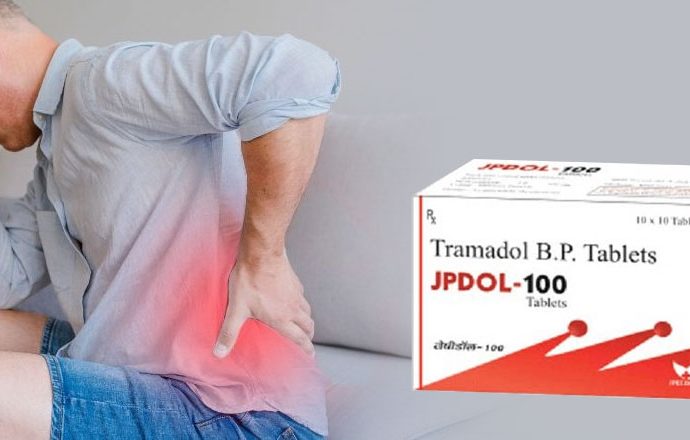
Leave a comment
You must be logged in to post a comment.